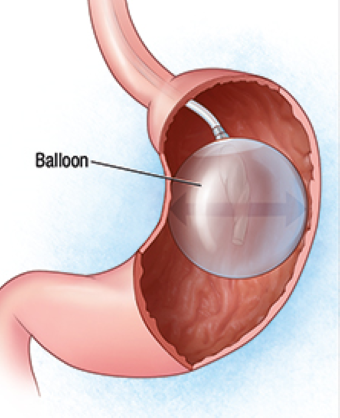Ultrasound guided vacuum excision
This leaflet has been produced to help explain the procedure of an ultrasound guided vacuum excision.
What is an ultrasound guided vacuum excision?
An ultrasound guided vacuum excision uses a needle to remove a small area of tissue from your breast. This tissue is then examined by a pathologist.
Why am I having this procedure carried out?
The main reasons why we use this procedure are:
- To remove benign (non-cancerous) lumps.
- To remove a wart-like lump (papilloma) which has been found within the milk ducts.
- To remove ducts from the nipple area because of discharge of the nipple and surrounding area.
- To remove an area that has shown unusual cells.
If only benign tissue is removed during the procedure, no further action is needed.
However, if cancerous cells are found an operation may be necessary. The benefit of this procedure is that it is carried out under local anaesthetic as an outpatient.
What happens during the procedure?
The procedure will take approximately 30 - 45 minutes, with a 15 to 30 minutes wait in the breast care centre afterwards. There will be somebody with you all the time. With this technique, there are no stitches, and usually little external scarring.
You will be asked to undress to the waist and lie down for the procedure.
We will be using an ultrasound machine to identify the area of concern within your breast. The clinician will use a local anaesthetic to numb the area. Once the area is numbed, we will insert the biopsy needle. This procedure uses a vacuum system and you will hear a noise, similar to a sewing machine and some suction noises, when the samples are taken.
Marker clips
Sometimes, a tiny sterile metallic clip is placed in your breast. This is a three mm clip made up of titanium (and sometimes some gel). This acts as a marker if the area needs to be found again. If the area we have biopsied is normal the clip remains in place. There are no side effects from this and it will not cause a problem at an airport or if you ever need an MRI (magnetic resonance imaging) scan.
You can eat and drink normally before this procedure. It is recommended that you not drive yourself home after this procedure and ideally arrange for somebody to take you home.
Please let us know at least three days in advance if you are on Warfarin or any other blood thinning agents. Please inform us about any allergies, in particular local anaesthetic.
Your results
You will be informed before you leave the clinic how and when you will get the results of the investigations. It usually will take one or two weeks.
After the procedure
You have had some local anaesthetic, which has numbed the area. This will wear off after a few hours and you may feel some soreness. A mild painkiller such as paracetamol may be taken.
Wound dressing
You have had some paper stitches and you can remove them after three days by soaking them off in the bath. A bandage is applied around your chest. This reduces the risk of bleeding and bruising after the procedure. Ideally, the bandages should be kept on overnight but can be removed the next morning. If uncomfortable you can take them off earlier.
Bruising
Bruising The amount of bruising after this procedure varies. It is likely that you will develop a bruise or lump around the area of the biopsy. However, it may extend more widely. This bruising may take several weeks to clear up, but if the bruising becomes gradually worse, please contact the breast care nurses for advice 0117 414 7072 or 0117 414 7018.
Bathing /swimming
It is fine to have a shower or a shallow bath. Do not soak in the bath until the paper stitches are removed. Do not swim until the wound has healed.
Bleeding
Very occasionally people experience bleeding from the biopsy site. If this happens, apply firm pressure over the top of the dressing with the flat of your hand for at least ten minutes, this should control any bleeding. If you have any concerns about the wound please contact the breast care nurses on 0117 414 7072 or 0117 414 7018 or your general practice.
Infection
Although we take care to prevent infection, there is a very small possibility that the wound may become infected. If your breast becomes hot, red and swollen, then you should contact your GP, or nearest minor injury centre.
When can I resume normal activities?
Avoid strenuous activity, such as lifting, heavy housework or sports for at least 48 hours. It may help to wear a soft bra for 24 - 48 hours afterwards.
Follow up
In some cases annual mammography follow up for five years will be recommended.
© North Bristol NHS Trust. This edition published January 2024. Review due January 2027. NBT003049
Support your local hospital charity

See the impact we make across our hospitals and how you can be a part of it.


